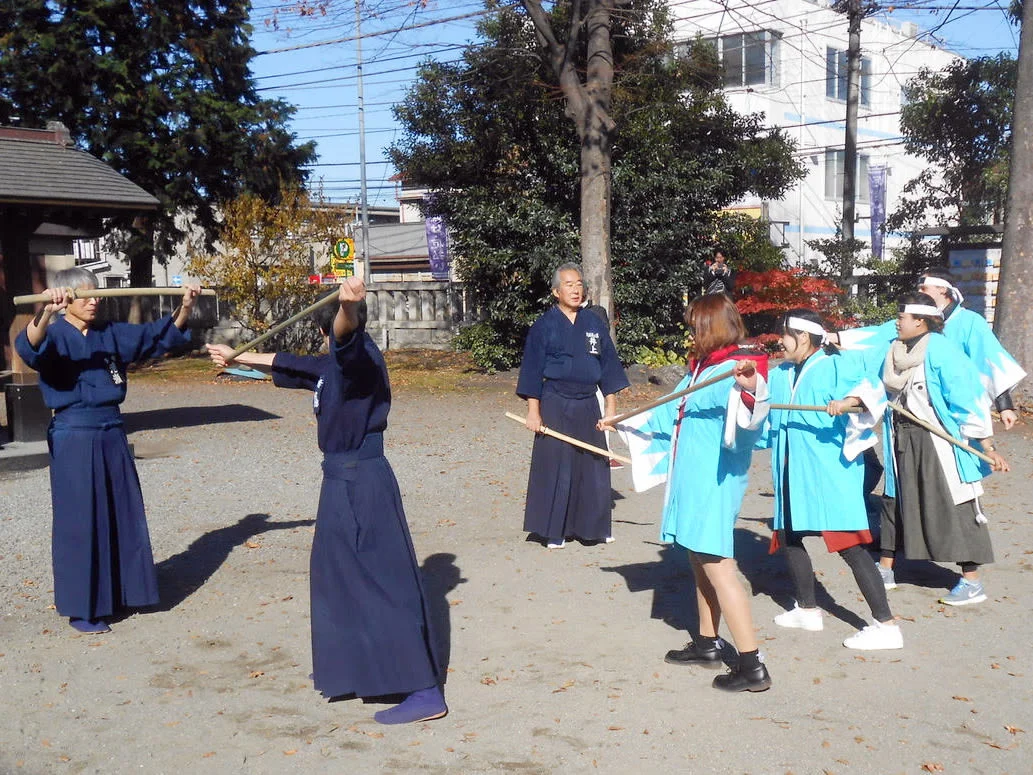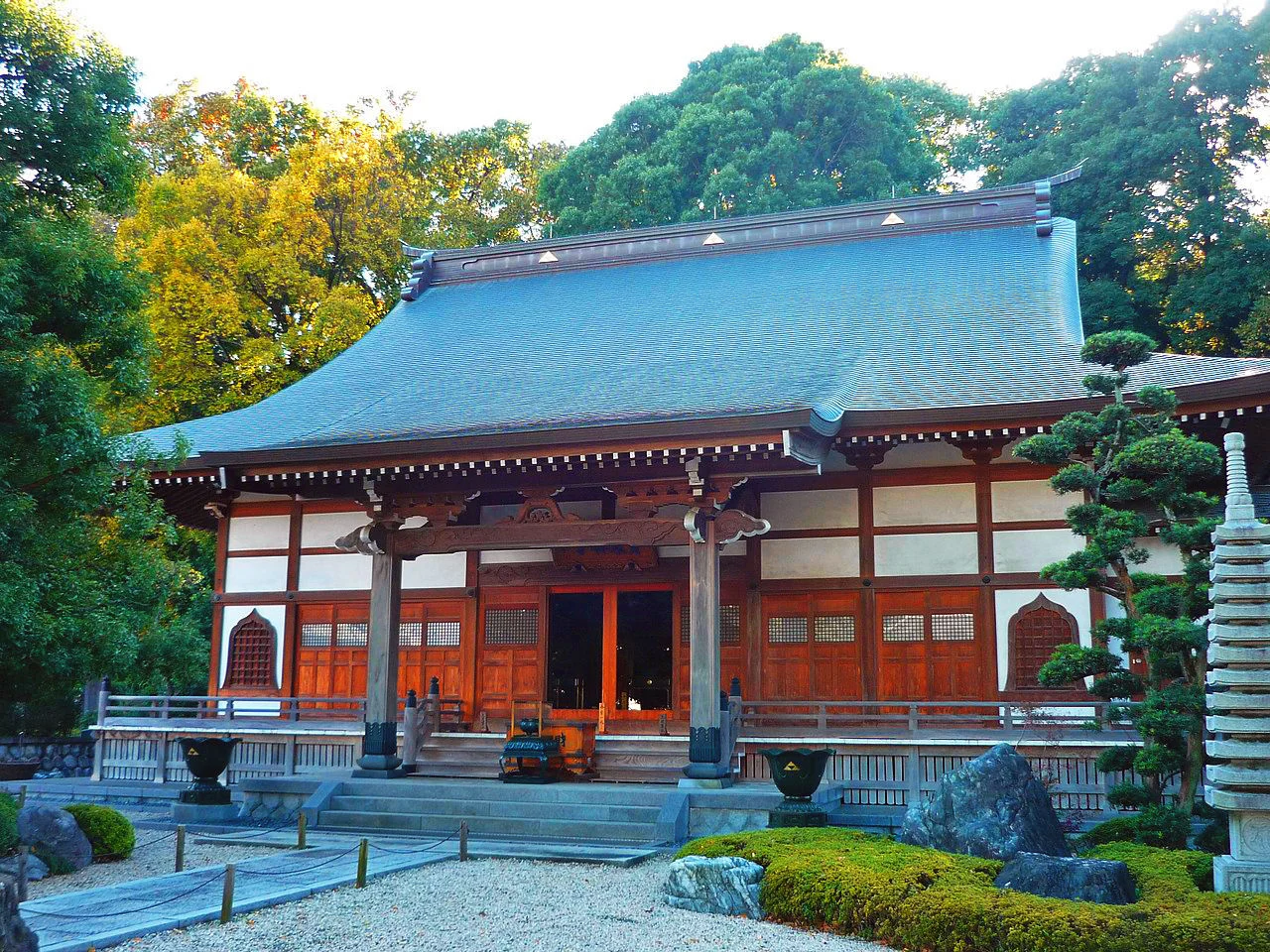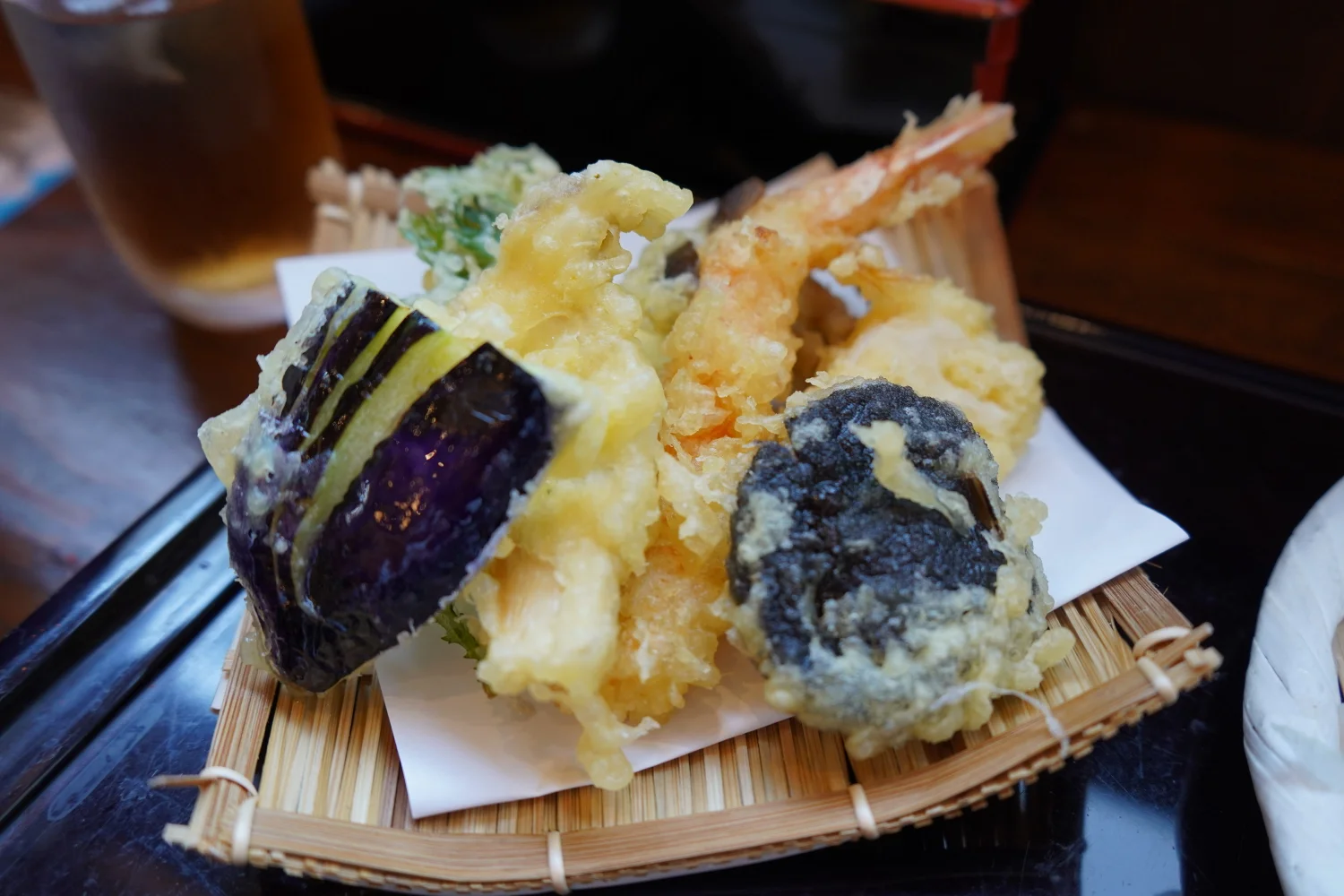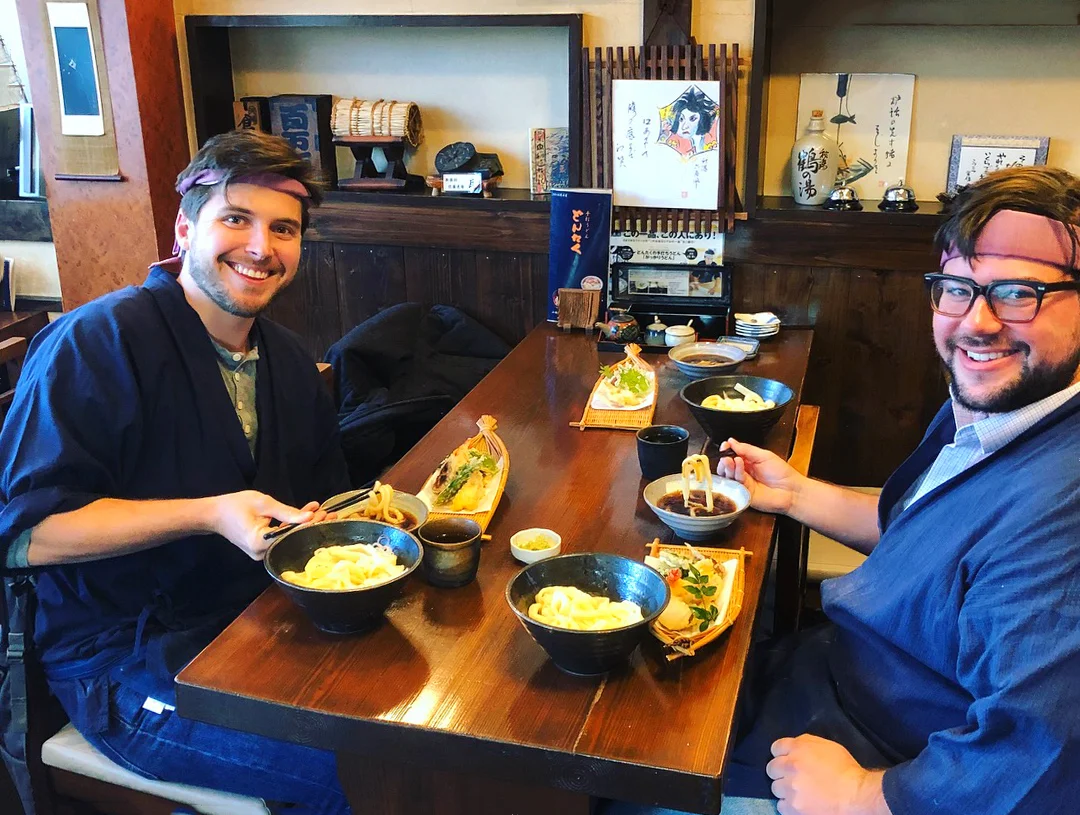Tempura & Udon Making Class in West Tokyo with Optional Walking Tour of Hino
Overview
Book a tempura and udon noodles cooking class at Teuchi Udon Dontaku — a handmade-udon restaurant in Hino City, Tokyo. Dress up in traditional wear and take photos. Select a Hino walking tour to visit the area’s historical temples or learn about samurais and try sword fighting!
Highlights
- Visit Teuchi Udon Dontaku in Hino City, Tokyo
- Learn how to make handmade udon and tempura
- Take pictures dressed in traditional Japanese clothes
- Visit Hosenji Temple and Hinoshuku Honjin, or Takahata-Fudoson Kongoji Temple
- Learn about the life of a samurai at Inoue Genzaburo Museum




